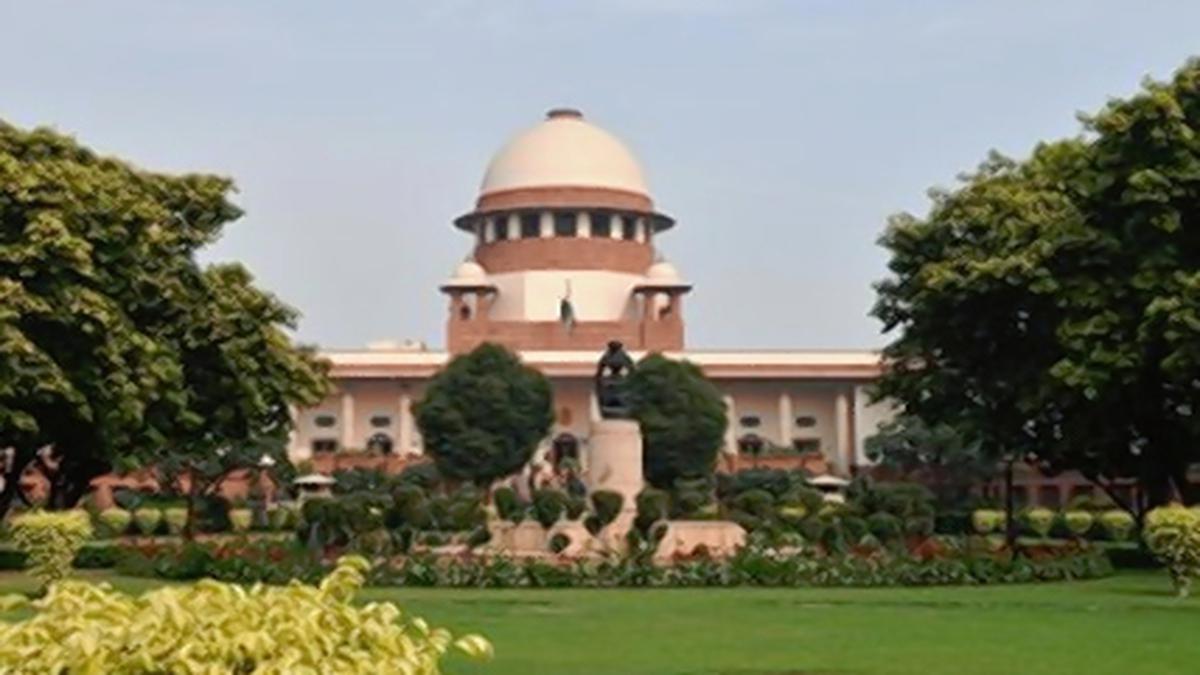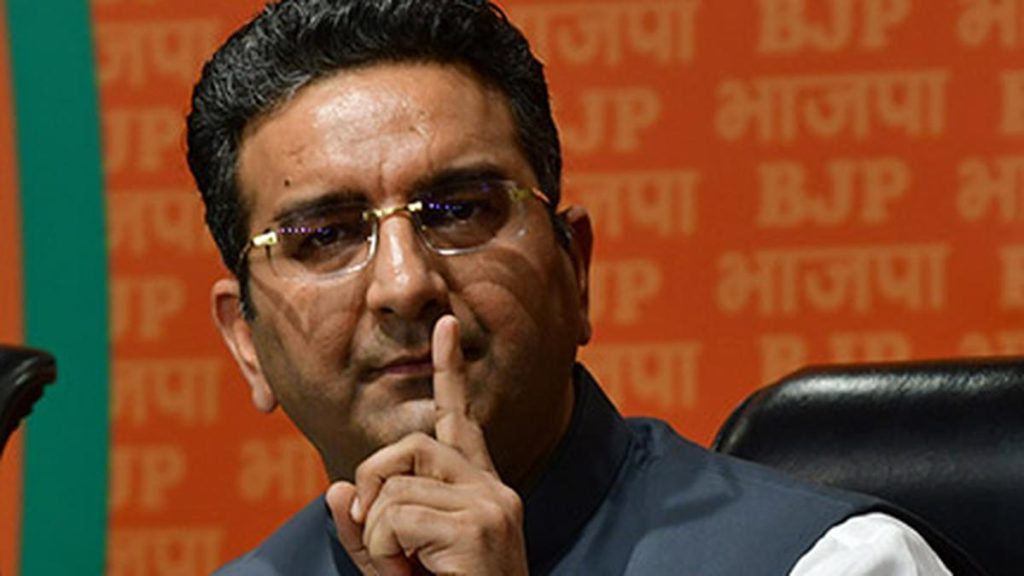Now Reading: Supreme Court Upholds Pollution Boards’ Authority to Impose Damages Under Water, Air Acts
-
01
Supreme Court Upholds Pollution Boards’ Authority to Impose Damages Under Water, Air Acts
Supreme Court Upholds Pollution Boards’ Authority to Impose Damages Under Water, Air Acts

Swift Summary
- Supreme Court Ruling: On August 4, 2025, the Supreme Court empowered Pollution Control Boards to impose and collect restitutionary damages for restoring polluted air and water bodies to their original state.
- Key Details: The Boards can now demand fixed monetary sums or bank guarantees for potential environmental damage under Sections 33A and 31A of the Water (Prevention and Control of Pollution) act, 1974, and Air (Prevention and Control of Pollution) Act, 1981.
- Background: The ruling overturned a Delhi High Court decision that disallowed compensatory damages under these provisions.
- Conditions: Enforcement requires subordinate legislation incorporating natural justice principles through rules and regulations under both Acts.
- Polluter pays Principle: Restoration duty lies wiht offending industries; focus is on ecosystem repair akin to its prior state.
- Scope of Powers: Pollution Control Boards can shut down operations or regulate supplies like electricity or water for pollution control per existing laws.
Indian Opinion Analysis
The Supreme Court’s ruling significantly strengthens regulatory frameworks by equipping Pollution Control Boards with restitutionary powers vital for tackling pollution in water bodies and air quality restoration efforts across India. This decision underscores a shift towards robust enforcement mechanisms tied explicitly to real-world environmental restoration rather than punitive measures alone-ensuring accountability for eco-damages while emphasizing remediation.
Though, implementation hinges upon clear subordinate legislation adhering to principles of natural justice-a sensitive yet crucial step requiring interlocking coordination between lawmakers, regulators, industries, and affected stakeholders. with pollution remaining an increasingly pressing challenge amid industrial growth across states like Delhi-NCR already struggling with hazardous levels harmful public health infrastructure thus cleaner enforced norms create positive Implementation scalability societies framework governance India Renew sustainable templates principle correlated adding seriousness Problem areas consistency achieved is stretching capacity showing Plans federal wise reach contextual well pathmap classic JudiciaryEnvironmental moment sharper protective Edge corregulation setups held betterment guiding burdened commissions time surely progressing reshape hierarchical sovereign decree landforce breath future Rational empirical mindset!”!
Read More:
























